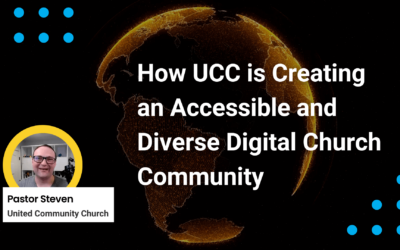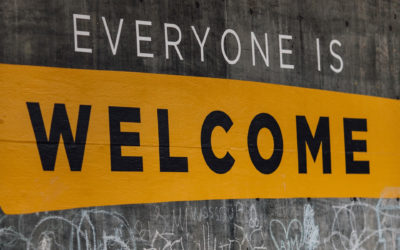The church in America is living a contradiction.
According to a 2017 survey, 93 percent of US pastors agreed that every church should strive for racial diversity. In the same survey, 81 percent said their church had mostly one racial group.
More disturbingly, a 2015 survey of US churchgoers indicated, “A third (33 percent) strongly disagree that their church needs to be more diverse. More than 4 in 10 (42 percent) felt strongly their church was doing enough” (Lifeway Research, 2015).
There is a disconnect between pastors and their congregations.
While diversity may be important to leaders, it would seem that many churchgoers want the segregated status quo.
Is this disconnect between church leaders and churchgoers acceptable?
Is it a matter of preference, or is diversity actually a gospel issue?
Diversity and the Early Church
In the early church, diversity was an immediate fruit of the gospel. Miraculous and spectacular multilingualism signified the outpouring of the Holy Spirit on the disciples:
“Aren’t all these who are speaking Galileans? Then how is it that each of us hears them in our native language? Parthians, Medes and Elamites; residents of Mesopotamia, Judea and Cappadocia, Pontus and Asia, Phrygia and Pamphylia… -we hear them declaring the wonders of God in our own tongues!” (Acts 2:6-11, NIV Bible)
On Pentecost, the Holy Spirit unleashed the Good News into many languages, reaching people from all over the world. God’s glory was declared by the breathtaking language diversity which demonstrated that Jesus is Lord of all. As the early church rapidly grew, it showcased a spiritual unity among believers that cut across racial/ethnic, socioeconomic, cultural, language and other powerful barriers.
This in-person unity in diversity was so essential to the gospel message that the Apostle Paul rebuked the Apostle Peter for separating himself from eating with Gentile Christians when Christian Jews arrived (Galatians 2:11-21). By separating himself, Peter was “not acting in line with the truth of the gospel.” Jesus Christ made Jews and Gentiles one new humanity through faith in Him, but Peter’s actions made it look like Jesus expected Gentiles to become Jews and to practice Jewish customs in order to be saved.
Who knew diversity at the dinner table would be an essential witness to the gospel?
Diversity and the Church Today
Church leaders know diversity is a gospel issue. Many members may even think it’s a nice idea. Yet churches in the US remain largely segregated by language, ethnicity and culture.
To paraphrase Paul’s rebuke in Galatians, “by remaining homogenous, a church follows a false Gospel that ties Christianity to a single community.” (quote from a recent podcast with Pastor Samuel Son).
The status quo is not an option.
Like Peter, believers need to stop idolizing cultural preferences by only congregating with people who look and pray like them. The gospel of God’s grace surpasses racial, cultural, economic, and linguistic divides. It brings us all together as one body in Christ. A segregated church cannot bear witness to that.
And though the status quo may be discouraging, there is hope.
The presence and power of the Holy Spirit at Pentecost immediately resulted in language diversity. The Holy Spirit personally led Peter out of his cultural comfort zone and used Paul to keep him there.
If the disciples were unintentionally holding back the Spirit’s work, perhaps all we need to do is stop resisting the Spirit’s leadership and watch God do the miraculous in our churches today.
Learn how to use the US Census data to discover the language needs of your church community.
Discussion Questions
- What do you think it means for your church to be “diverse”?
- What cultures and languages are represented in your congregation?
- How can your worship services give people a foretaste of the diversity God’s Kingdom?
Resources
Lifeway Research – Pastors survey (2017) & Churchgoers survey (2015)
Samuel Son podcast – “The Biblical Basis for Diversity and Reconciliation“





